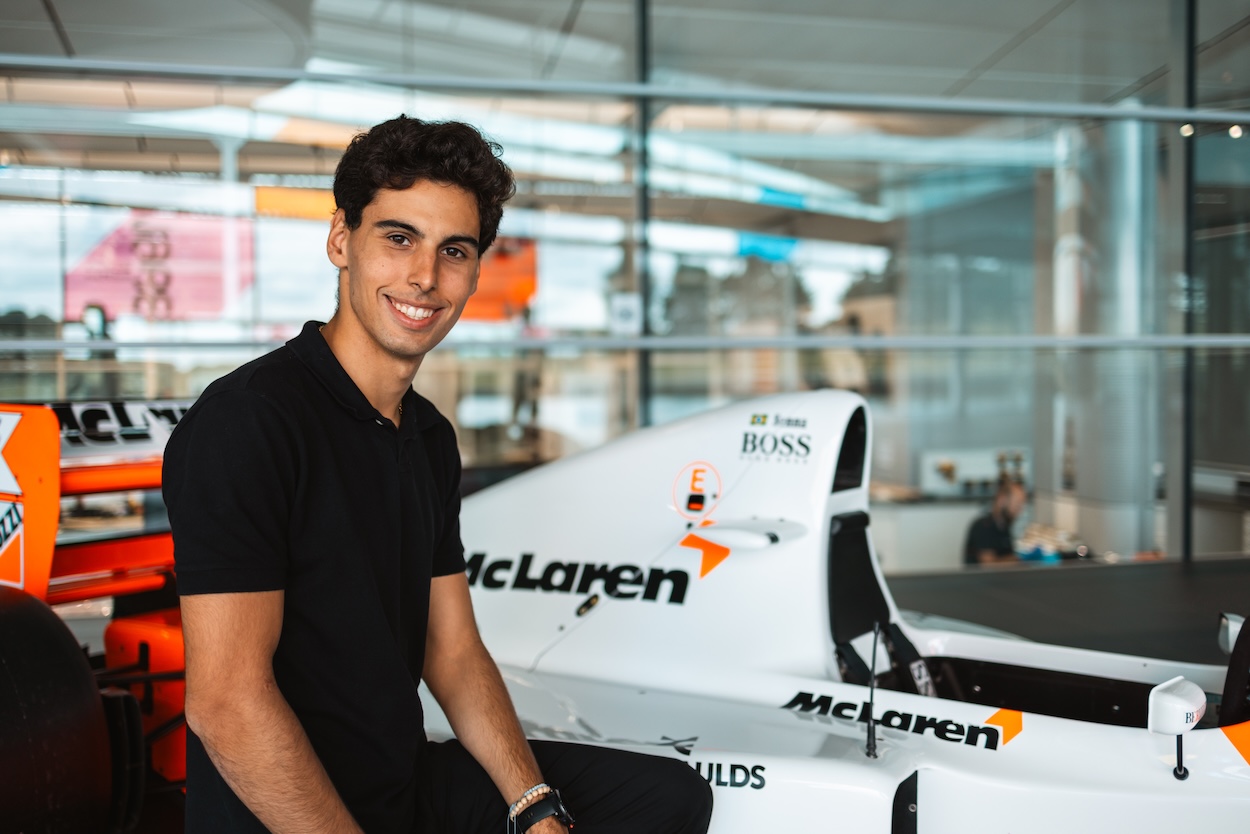If you’re a car enthusiast or just someone looking to get more out of your vehicle, you’ve probably considered upgrading with performance parts. These are components designed to enhance your car’s performance beyond what the factory offers. These can include everything from air intakes and exhaust systems to more complex modifications like turbochargers or engine management systems.
Recently, these upgrades have gained more traction; the automotive aftermarket industry will actually be a USD$430-billion market by the end of 2024. But before you start opening your wallet, it’s best to take a closer look at whether these upgrades are really worth the investment. (1)
Cost vs. Benefit
One of the biggest factors to consider when thinking about performance upgrades is the cost-benefit ratio. High-quality performance parts often come with a hefty price tag. The question is: are you getting your money’s worth?
Some modifications can provide significant improvements in power or handling. For example, a well-chosen set of performance tires can dramatically improve your car’s grip and cornering ability. On the other hand, some flashy-looking (and expensive) mods might give you more noise than actual performance gains.
It’s important to do your research and understand exactly what type of boost you can expect from each modification and the benefits you get for your money. You can look into reputable suppliers near you or online (if you’re after convenience) and compare car parts they offer. It’s a surefire way to determine the most cost-effective options for your car.











